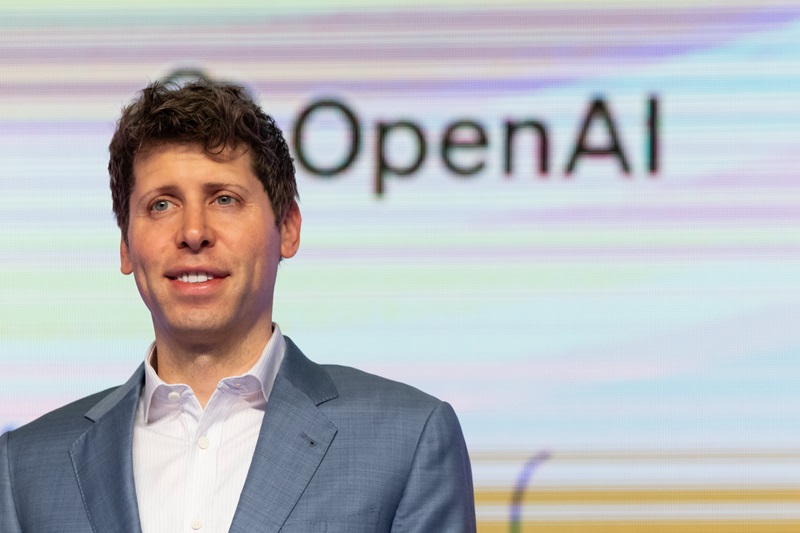The recent tumult at OpenAI resulting in the removal of AI prodigy Sam Altman as CEO underscores a profound difference in opinion over the safety considerations surrounding AI development. This dispute reflects a broader schism within the AI community.
Sam Altman Perspective

Altman, a pivotal figure in the development of the ChatGPT chatbot, ardently supports the rapid development and public deployment of AI. He asserts that such measures are crucial for stress-testing and perfecting the technology. On the opposing side are those who advocate for a more cautious approach, insisting on fully developing and testing AI in controlled laboratory environments before public release to ensure safety.
At 38 years old, Altman’s dismissal on Friday prompted discussions about the future of generative AI, with some expressing concerns that hyper-intelligent software could become uncontrollable, leading to catastrophic consequences. This worry is shared by tech workers aligned with the “effective altruism” movement, emphasizing the need for AI advancements to benefit humanity. OpenAI’s Chief Scientist and board member, Ilya Sutskever, who approved Altman’s removal, aligns with this cautious perspective.
Similar divisions are evident in the development of self-driving cars, controlled by AI. Some argue for testing these vehicles in real-world, dense urban environments to fully understand their capabilities, while others advocate for restraint, citing unknown risks.
Generative AI at a Crossroads

The concerns surrounding generative AI came to a head with Altman’s unexpected ousting, given his role as OpenAI’s co-founder and a key figure in the popularization of ChatGPT. This software, falling under the category of generative AI, can produce coherent content in response to simple prompts, such as essays, code, and photo-like images.
The debate intensified as OpenAI announced commercially available products, including a version of ChatGPT-4 and virtual assistants, raising concerns about the rapid deployment of advanced AI technologies. Sutskever, reportedly uneasy with Altman’s swift push of OpenAI’s software into users’ hands, expressed worries about the lack of solutions for controlling superintelligent AI and preventing it from going rogue.
OpenAI’s fate is considered pivotal to the overall development of AI, with Altman’s attempts to be reinstated falling through over the weekend. ChatGPT’s release in November of the previous year triggered significant investments in AI firms, including a $10 billion infusion from Microsoft into OpenAI, along with substantial funding for other startups from companies like Alphabet and Amazon.
As the development of AI progresses, regulators are grappling with the need for oversight. The Biden administration has issued guidelines, and some countries are pushing for “mandatory self-regulation,” while the European Union seeks broad oversight of AI.
While many currently use generative AI software, like ChatGPT, to augment their work, concerns arise about the potential emergence of artificial general intelligence (AGI) that could autonomously perform complex tasks. This raises worries about the software taking over defense systems, generating political propaganda, or producing weapons.
OpenAI, initially founded as a nonprofit to prevent profit-driven decisions that could lead to harmful AGI, has faced challenges as Altman contributed to the creation of a for-profit entity within the company for fundraising purposes. Emmett Shear, the former head of Twitch, has been named interim CEO, emphasizing the need to slow down AI development. The precise reasons behind Altman’s removal remain unclear, but OpenAI is poised to confront significant challenges moving forward.
Read More (AI)








